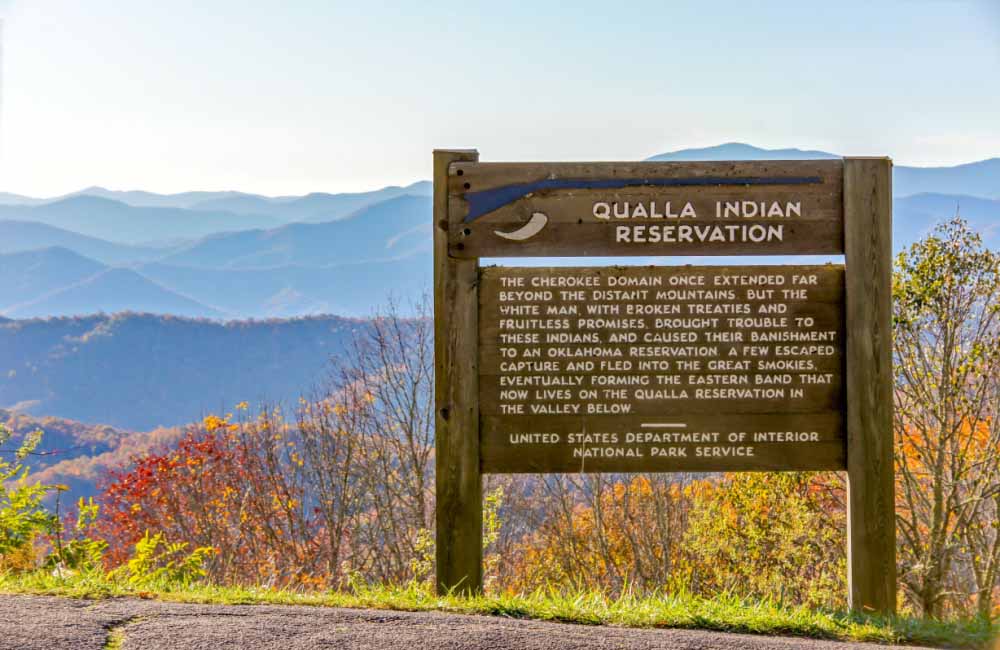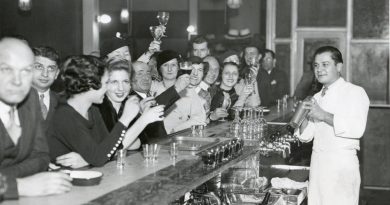Cherokee Indian Tribe in North Carolina to Consider Legalizing Cannabis
The Eastern Band of Cherokee Indians is on the verge of deciding whether to legalize recreational cannabis on their tribal lands in North Carolina. If approved, the 57,000-acre Qualla Boundary in the western region of the state would become the sole location within North Carolina where individuals could lawfully enjoy marijuana.
In addition to this decision, the tribe has already made preparations to establish what tribal authorities refer to as the world’s largest dispensary superstore for medical cannabis, according to the Charlotte Observer.
After months of cultivation and growth, the initial plan involved the tribe issuing regulated medical cards to eligible adults, allowing them to purchase marijuana from the dispensary. As a result, the dispensary may become an exclusive destination for individuals seeking legal marijuana purchases within the state of North Carolina.
Recreational Marijuana Sales on Cherokee Land
Because broader legalization on tribal lands remains a possibility, it’s unclear whether dispensary sales would require a medical card. But tribe leaders suggest that a referendum in September could lead to recreational marijuana sales.
The referendum states that adult use would apply to anyone 21 and older. It also contains no language that restricts sales to only tribal members, opening up the possibility of sales to the general public. The EBCI Tribal Council recently decided to hold the vote Sept. 7.
Legalizing recreational cannabis sales will mean more customers and revenue for the tribe, said Forrest Parker, Qualla Enterprises general manager, according to the Observer. “It is the ultimate business model for us,” Parker said. “Think how many more people will walk through the door. Fundamentally, we’re prepared to handle it.”
Qualla Boundary is 46 miles west of Asheville, N.C. Of the 9,600 people who live on Qualla Boundary, about 77% are native Americans and 23% are non-native Americans. The EBCI has 14,000 total members.
The Cherokee Medical Dispensary Superstore
Plans call for setting up the new medical dispensary in the tribe’s old bingo hall on U.S. 19. That location will be the only spot where people can drive within three hours from Charlotte to buy cannabis legally. It’s also about a four-hour drive from Raleigh. There’s still no opening date for the dispensary.
With cannabis legalization stalled in the state legislature, opening the “superstore” – as well as expanding sales to adult-use cannabis – would put the Cherokee tribe well ahead of the state in terms of reaping the economic benefits of cannabis sales. In addition to the dispensary, the tribe also has developed two unique cannabis strains, “Qualla Bear” and “Goose Creep,” according to the Observer.
Tribes in New York state and other areas of the country have also moved ahead of their state government leadership. Across eight states, tribal entrepreneurs have opened almost 45 cannabis retail establishments. More tribe-owned cannabis businesses are expected to open in the coming year as the industry continues to boom.
The legal landscape on Native American reservations differs from state to state. Consequently, what may be permissible within a specific state might not align with the regulations enforced on a reservation located within the same state. In certain instances, this can lead to more stringent restrictions, such as when recreational marijuana is lawful in a state but remains prohibited on a reservation. Conversely, tribes have the authority to establish regulations that are more lenient than state laws, allowing for greater permissiveness.
Each tribe possesses the autonomy to establish its own set of rules regarding cannabis that impact businesses owned by Native Americans. These guidelines play a crucial role in shaping the operations and practices of these businesses, ensuring compliance with tribal regulations and potentially differing from neighboring state policies.




